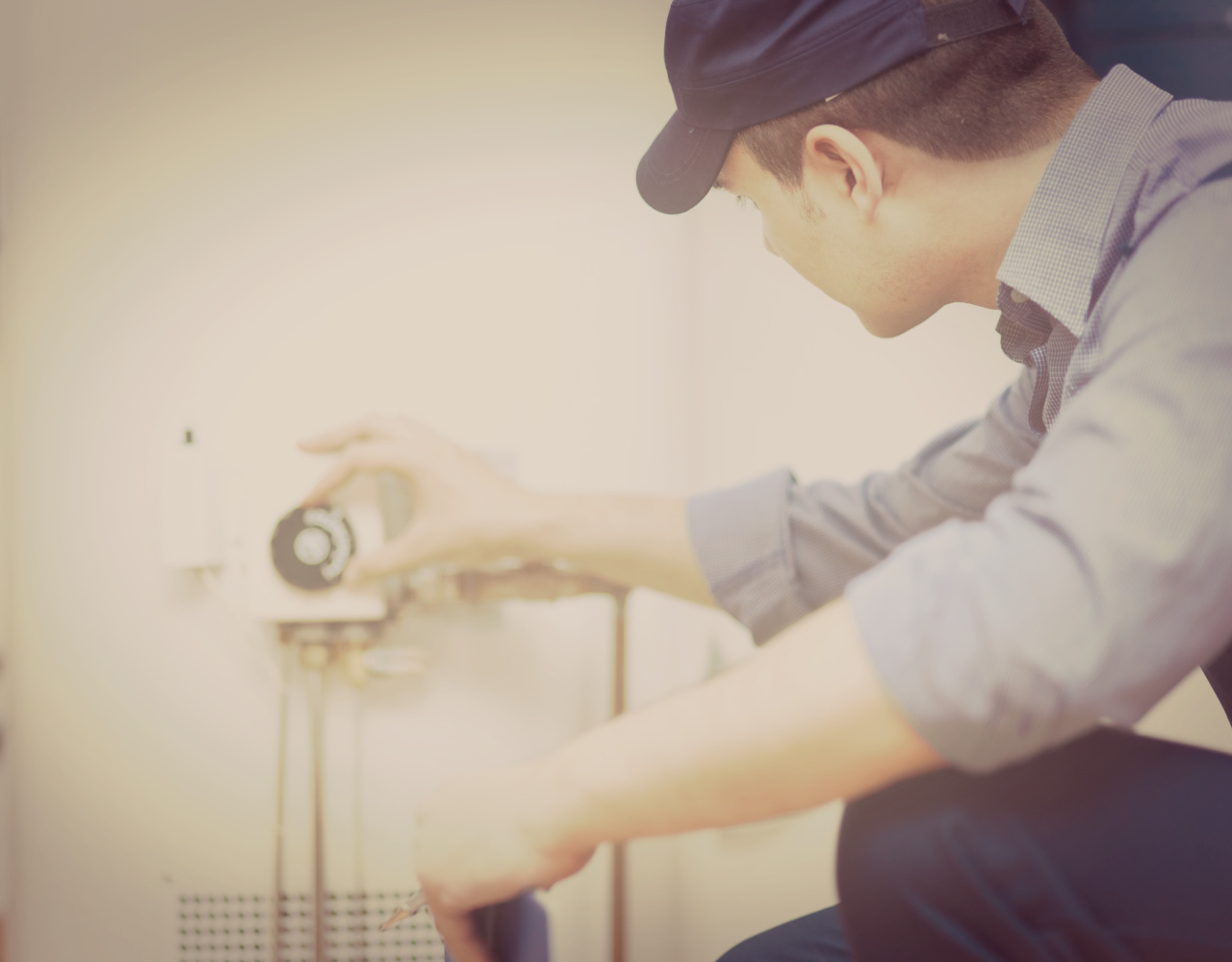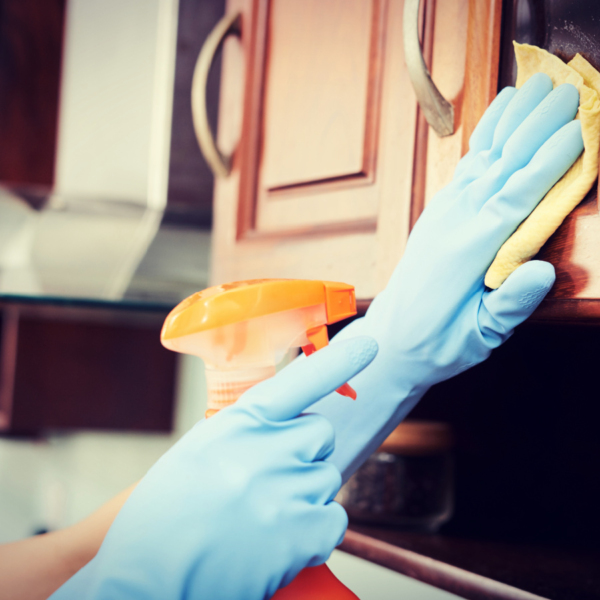Smart homeowners treat their houses like their cars. You would never drive 10,000 miles without an oil change. Your home needs regular service and maintenance also. Some things should be done every year–some monthly or even weekly.
20 Jobs You Should Take Care Of Yearly
Homes require regular maintenance to preserve value, ensure safety, and save money. Big repairs are more costly if the house is not taken care of.

Duct Cleaning
Dust, dirt, and occasionally toys end up in HVAC ducts. Duct cleaning companies remove everything to keep your system efficient and clean so dirt is not recycled throughout the house.
Ensure that your duct joints fit together tightly to prevent air from escaping. Joints can be screwed together and/or sealed with duct tape. Loose or disconnected joints increase energy costs by wasting warm or cool air in crawl spaces and attics.
Check HVAC System
HVAC filters need to be changed regularly to ensure proper airflow. Constricted filters increase cost, reduce efficiency, and shorten the system’s life. Check for leaks, loose parts, and worn belts.
Clean the Dryer Vent and Hose
Dirty or clogged dryer vents add to energy costs, reduce machine efficiency, and are a dangerous fire hazard. Remove the hose or pipe and clean everything well. Make sure the machine filter is also cleaned regularly.
Clean Exhaust Fans
The combination of moisture, dust, and grease sticks to bath and kitchen exhaust fan blades, the housing, and even the ducts. Yearly cleaning keeps them efficient and quiet.
Drain Hot Water Tank
Sediment accumulates on the bottom of hot water tanks–reducing efficiency, increasing energy costs, and shortening the tank’s life. Turn off the incoming water tap and heat source before draining the tank to keep it clean.
Clean the Gutters
Clogged gutters and downspouts overflow right next to the house foundation–increasing the chance of a leaking basement or crawl space. Clean out accumulated dirt, leaves, twigs, pine needles, and cones. Hire professionals for high roofs or if you are not comfortable on ladders.
Inspect the Roof
While cleaning the gutters take a close look at your roof. Spotting broken or missing shingles and repairing them early can save even more costly leak repairs. Curling shingles are a sign that new roofing should be installed.
Inspect the Attic
Attics are often ignored–sometimes for years. Common attic pests like mice and squirrels can take up residence. Roof leaks lead to mold in the attic. A leak in the attic indicates a roofing problem. Early detection of pests and water saves time and money.
Inspect the Crawl Space
Crawl spaces are often nasty. They can be wet, moldy, and infested by pests like termites. HVAC, plumbing, and electrical components should be checked at the same time. Regular inspections find problems early. Even encapsulated crawl spaces need to be inspected.
Inspect Decks and Railings
Wood decks and railings should be re-finished as required to prevent rot. Loose railings are not only unsightly but dangerous. They need to be secured. Concrete decks, driveways, and sidewalks may heave and crack in cold climates. Block and brick decks become uneven in frosty or very wet conditions. Or even with soil movement over time.
Check For Water Damage
Water penetrating a home’s building envelope causes extensive damage. The longer it is undetected, the higher the repair costs. Leaks can happen anywhere–but the most likely locations are attics, basements, crawl spaces, and wall penetrations like windows, doors, and pipes. They all require checking.
Check Pipes and Drains
Leaking water pipes and drains also cause water damage. Check under all sinks and tubs for drips. Check all the incoming water pipes and drainage systems for leaks. Clean garbage disposals and sink drains. Make sure to deal with common toilet problems.
Check Window and Door Weatherstripping
Window and door weatherstripping wears out or gets damaged. Painted weatherstrip turns hard and doesn’t work. Replace it. Make sure to seal any gaps around windows and doors.
Test Warning Devices
Most smoke alarms and carbon monoxide detectors give off a warning when the battery is low. They all have a test button. Make sure they are checked regularly and in good working order to keep your family safe.
Clean Wood Burning Appliance Chimneys
Burning wood creates creosote which sticks to the insides of chimneys. Too much buildup and heat causes chimney fires. The fires are very hot and dangerous. The chimney may even need to be replaced after a fire. Clean chimneys regularly for safety and to save money.
Check Sump Pump Operation
In dry years, sump pumps may not run for months. Make sure yours works by pouring enough water into the sump to activate the pump. Repair or replace it if necessary. Make sure the lines are not clogged. Sump pumps get mold. Eliminating mold growth early keeps indoor air healthier.
Inspect Fences and Gates
Fences and gates need regular maintenance–painting, repairs, new hardware, etc. Unmaintained fences have peeling paint and gates that don’t work properly. Building a new fence is expensive and time-consuming.
Check Door Handles and Window Latches
Loose door handles take minutes to tighten. A door handle that falls off may lock you out of the house. Make sure that window latches lock windows tight to save energy costs and keep the house comfortable.
Clean Swimming Pools and Hot Tubs
Swimming pools and hot tubs require regular draining and cleaning. They should be inspected for cracks. Pumps, hoses, and connections should be checked and replaced if necessary.
Test Security System
Make sure your security system is up-to-date and working properly. The software should update automatically but check anyway. Ensure all cameras, alarms, and lights work.
A Few More Smart Homeowner Habits
Smart homeowners also develop smart habits. Some of them include:
- Home Inventory. Know what you have for insurance purposes and review the policy each year.
- Clean Garages, Sheds, Basements, and Attics. Lets you know what you have and organizes things. May help you spot problems like mold.
- Rotate Stored Foods. Saves money by using food in a timely manner. Eliminates health problems from eating outdated food.
- Dispose of Outdated Prescriptions and Food Supplements. For safety reasons.
- Hire Professionals. If you can’t–or don’t want to–do some of these jobs hire a professional service. Skipping them is not a sound practice.


